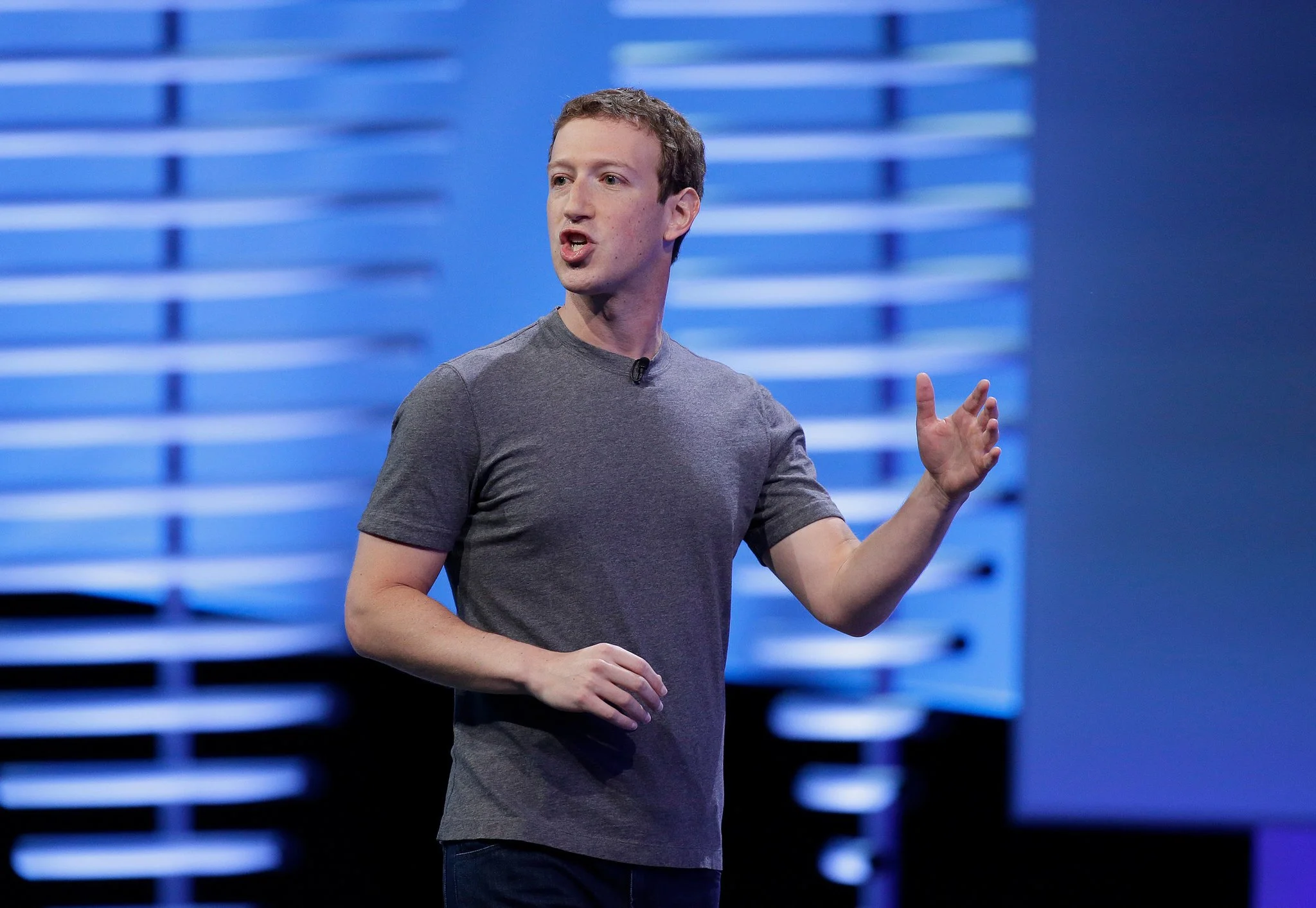What Cristiano Ronaldo’s departure represents on a corporate level
Ronaldo is currently a free agent during the 2022 Qatar World Cup. (Photo courtesy of NPR)
On November 22nd, Premier League club Manchester United terminated Cristiano Ronaldo’s contract. Cristiano Ronaldo is not the type of athlete, or employee, that most businesses would choose to let go because of his innate value as a celebrity that transcends his diminishing returns as a player. Ronaldo’s Instagram account provides even more credence for his brand’s global reach, as he became the first person in history to cross 500 million followers on the social media platform. Ronaldo’s departure was not surprising; in the days leading up to the 2022 World Cup in Qatar, United gave Ronaldo time to rest from an apparent illness, only to discover that he actually had conducted an exposé with polarizing British pundit Piers Morgan. Ronaldo has accomplished nearly everything that a professional athlete could dream of, but the 37-year-old grew discontent with his shrinking role on an increasingly youthful squad that he perceived to be an act of belittlement.
Being that this was Ronaldo’s second stint with the club, it is safe to assume that he believed that the grandiose image he wields would not be subject to the same scrutiny as most other members of United. Much to Ronaldo’s dismay, the arrival of former Ajax boss Erik ten Hag marked a new era of parity that the Portuguese legend just could not conform to. Ronaldo skipped preseason matches and training, left in the middle of a regular season bout, and publicly voiced his frustration with the hope that it would corner the club into submitting to his will, but this is where he was wrong. Ronaldo’s strategy of leveraging his professional status in order to forcefully achieve his desires has become a common theme in the world of sports for years now, but United’s steadfast rebuttal showcases a certain type of corporate strength that has been lost in a world that seems to forget the expression of there being no “i” in “team”.
Kawhi Leonard now plays for the Los Angeles Clippers. (Photo courtesy of SB Nation)
The NBA set a precedent for this toxic relationship between sports employer and employee, initially gaining traction with Kawhi Leonard’s isolation during his final year with the San Antonio Spurs. Documentaries like Broke (2012) highlight the monetary irresponsibility of prior professional athletes, but players have begun to understand their worth as they realize that they are ultimately a commodity for owners’ bottom-line profits. Leonard suffered a brutal ankle injury in the midst of the Spurs’ 2017 playoffs run, and while he was cleared to play for the second half of the following season, he refused to. The Spurs’ in-house medical staff determined him fit enough to return, but Leonard rejected their advice and chose to seek out personal treatment and rehabilitation. Knowing that he is the cornerstone of the franchise, the Spurs continuously bent over backwards to appease the star, even with players like Tony Parker, who suffered a near-identical injury, growing skeptical of Leonard’s true loyalty. Leonard’s relationship with the Spurs was once a passionate reciprocation of prosperity, with his performances that contributed to their 2014 NBA Finals victory, but it soured into objectification once he believed his physical health was being neglected by the franchise. Leonard got what he wanted and sat out for most of the 2017–2018 season and forced a trade during the off-season, but tarnished the respect he had as a professional in exchange for further compensation for his mostly unparalleled talent.
The NFL is no different when it comes to depersonalizing negotiations between players and management. The concept of a team’s “franchise tag” is supposed to overcome any personal barriers of a player refusing to suit up, as it binds them to another year on the team, but it similarly eliminates the possibility of diplomacy. The franchise tag effectively strips players of any leverage they have, as teams can use it to restrict the athlete from seeking a bigger deal following a year of excellence if the incumbent team is hesitant to fully commit. It’s the type of tactic that dehumanizes professional athletes as subservient rather than as employed, and it represents a larger trend in how people view employment in post-Covid society.
Mark Zuckerberg’s company, Meta, recently subsidized their workforce quantities. (Photo courtesy of The New York Times)
Players like Kawhi Leonard, Cristiano Ronaldo and those who are victimized by the franchise tag embody the concept of “quiet quitting” on a macro level. Quiet quitting is the notion that employees should not be expected to exceed their contractual requirements or to adapt to spontaneous challenges towards their occupational routines. Gallup reported that the second quarter of 2022 saw employee occupational disengagement increase from 16% to 18%, a growing trend that the pandemic served as a catalyst for. Although quiet quitting is more popular within more youthful demographics that feel disaffected by the monotony of workplace environments or hybrid (virtual and in-person) jobs, Ronaldo and Leonard’s situations depict the greater issue of the desensitization that occurs when employees begin to feel expendable. “Don’t tell me that the top players, the guys who want everything, the key players will play three minutes,’’ Ronaldo told Morgan. This sentiment is one that is surely shared by older generations feeling fazed out by their successors; why should their aspirations suffer because of the growing ability to drag and drop producers into a team, or business structure? It’s a complex struggle that is only becoming more troubling as once-innovative companies like Twitter and Facebook see employees leaving as a result of mass firings that only accentuate the fear that full-time jobs are now less secure. Ronaldo’s split with United is similar to what we see with mega-corporations like Disney and Twitter ousting their leaders when efficiency isn’t consistent, no matter the personal connection or era that certain company figureheads used to represent. It doesn’t matter if you make minimum wage or are the most famous man on the planet, job security now seems to be a concept of the past.



